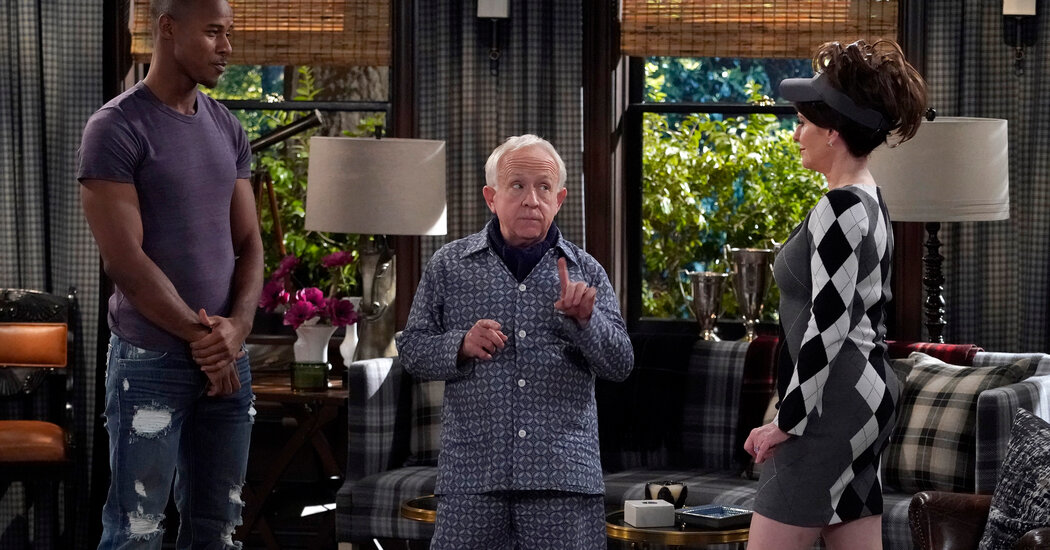By Ekaterina J. Yarley
Health Psychology PhD Candidate
When we think of wealth, we imagine immunity. Immunity from hardship, from stress, from the unbearable weight of survival. But what if I told you that wealth does not protect the body from inflammation, nor the brain from despair? What if, in fact, it can sometimes amplify it?
This is the paradox I live inside. I am a woman of wealth and privilege. And I have known the profound stillness of anhedonia: the haunting absence of joy, even when surrounded by everything the world considers desirable. I am also a PhD candidate in Health Psychology, and what I’ve come to understand is that my depression was not just emotional: it was biological, systemic, and immunological.
Psychoneuroimmunology is the science of how our thoughts, emotions, and environment influence our immune system and brain function. It studies the intimate dialogue between the psyche, the nervous system, and our body’s defenses. It teaches us that chronic stress, loneliness, unresolved trauma, and emotional suppression, all common in high-net-worth environments, can dysregulate the immune system, increase systemic inflammation, and impair mood regulation.
In other words: the body keeps the score, even when the bank account is full.
Among the 1%, there is often a unique kind of emotional repression. We are taught to “rise above,” to donate and give and perform gratitude, but never to fully feel. There’s a silent pressure to be okay all the time. Sadness is seen as a failure of character, not as a symptom of dysregulation. But when we suppress our emotional truth, the body bears the burden. Elevated cortisol levels from chronic stress trigger inflammatory cytokines, which have been directly linked to the development of depressive symptoms, including anhedonia.
In my own life, I noticed it first as a kind of dimming. I had everything: a beautiful home, financial freedom, access to the best physicians and wellness retreats. But my body felt sluggish. My mind, grey. My joy: the sparkling, childlike kind, was gone. I wasn’t burnt out from work. I was burnt out from hiding.
The guilt that comes with fast-acquired wealth is crushing. You don’t expect it, but it begins to shape your every interaction. Suddenly, you are different. Your old friends, friends you love dearly, don’t know what to say to you anymore. You try not to mention your life, or the way you travel, or where you live, because you don’t want to seem like you’ve become someone else. But the truth is, you have changed. Wealth changed the world’s relationship to you, even when you didn’t ask it to.
You find yourself performing humility. Hiding your handbags. Changing the way you speak. Feeling ashamed that your success has become a source of distance. And with it comes a private, unspeakable grief, because no matter how hard you try to hold on, many old friendships begin to fade. You’re not just mourning people; you’re mourning the version of you that could belong with them.
When pleasure disappears, even a luxury meal feels like cardboard. A trip to Paris becomes just another backdrop. The body stops producing the reward chemicals we crave, dopamine, oxytocin, serotonin, and in their place, the immune system sends out quiet flares of inflammation. We ache. We numb. We withdraw. And all the while, the world assumes we are living our best lives.
This is the invisible epidemic I believe we need to talk about more: how affluence can mask inflammation. How trauma can be intergenerational, even in families of power. How the nervous systems of the wealthy are often dysregulated in silence, over-functioning in performance, and under-supported in healing.
Health psychology and psychoneuroimmunology together offer us a new lens, one that honors the body as a mirror of the soul, and sees depression not as weakness, but as a signal. A call inward. A sacred alarm that something is unbalanced.
For me, the healing came when I stopped pretending I was okay. When I stopped spiritualizing my sadness or bypassing it with charity and productivity. I sat with it. I let my body grieve. I gave my immune system rest. And slowly, very slowly, the colors came back.
No one tells you that abundance can feel like exile. That the price of success can be emotional dislocation. That your ability to heal depends on unlearning the performance of having it all together.
We need to normalize this kind of healing in the world of wealth. We need to let the elite weep. To teach them that dysregulation is not a personal flaw, but a biological response. That anhedonia is not ingratitude, it is inflammation. It is pain. It is the soul asking for oxygen.
And perhaps most importantly, we need to make it safe for the 1% to feel. Not in secret, not in shame, but in sacred, collective truth.
Because no amount of privilege should cost us our ability to feel alive.




